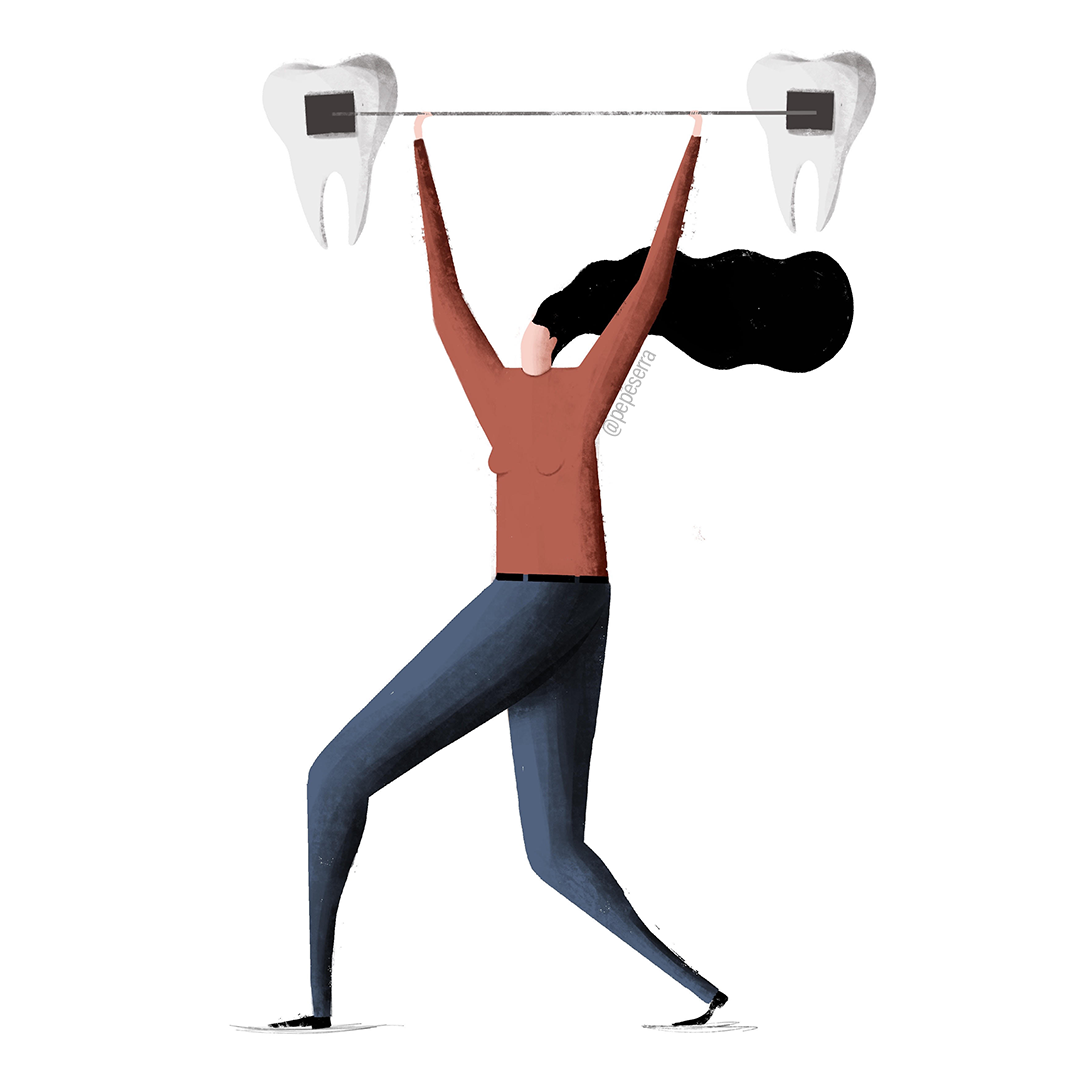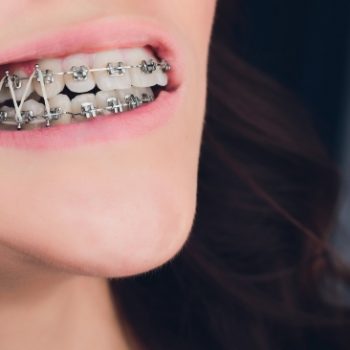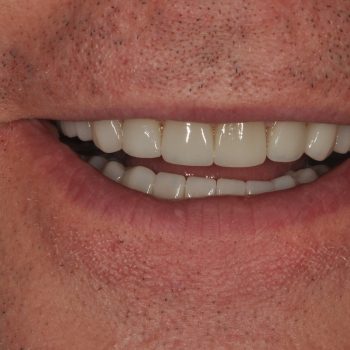
Psychosocial effects of orthodontic treatment
- On 28 June, 2023
From the perception that parents and patients have of the main advantages to demand orthodontic treatment, the benefits it entails for a better functioning of chewing, the greater ease of maintaining good dental hygiene and the evident improvement in the aesthetics of the smile are widely accepted. It is these benefits that, through orthodontic treatment, allow the quality of life related to oral health to increase. A good positioning of the teeth in adolescent patients, in addition, causes them to become more aware of the importance of having well-cared for teeth. This can help a lot for children who may be more careless in their oral hygiene. In the short term it is a tremendously beneficial effect, because it is in the young age when dental hygienic habits are often not desirable. In the long term it can be a potentially positive effect, since hygienic habits are already in place. Due to dietary changes that are usually not as favorable as they should be, we have observed in recent years an increase in the presence of caries in child and adolescent patients. Establishing a habit of dental hygiene from a very young age, surely reinforces the enamel of the teeth against possible attacks of the cterias and the decrease of the pH in the oral cavity.
What many parents and patients are not fully aware of, is the effect that good dental positioning causes in increasing confidence, self-esteem, social interactions or also social acceptance between young and adult patients. They are what we call the psychosocial benefits of orthodontics on quality of life. Adolescence is a very important time in personal development; It is a time where many social bonds are created and the person’s ability to socialize and strengthen their personal character is developed. The latest published studies show that young people who have a more aesthetic smile, the external perception towards them is that they are friendlier people and more likely to make new friends. However, first impressions are important at young ages, and parents tell us that socialization after orthodontic treatment improves, either with their own peers, family or friends. Patients are more likely to smile more after orthodontic treatment, when taking pictures on social networks or when looking in the mirror. Many parents associate all these changes also with an increase in the happiness of their children. A pleasant smile has tremendously positive effects on increasing self-esteem and helps reinforce the perception that others have of oneself. This is an important fact in the confidence that a person generates towards the outside, either in the process of meeting new people, in school or university friendships and in future situations such as job interviews.
Another example such as “bullying” is a very unpleasant fact and unfortunately frequent in our schools. Most of our children have experienced, participated in, or observed bullying at some point in their classroom training. A very unfavorable dental malposition can be a cause of bullying already at young ages, and is a fortunately rare reason for consultation. Being able to give our children a smile that allows them to gain personal confidence can be a potential prevention of future psychological problems.
At Rossell-Carol we have a psychological help office, accustomed to dealing with adolescent or adult patients who are not satisfied with their image. We support them by getting both a good smile and cognitive reinforcement to improve, if necessary, their self-esteem towards obtaining the best possible satisfaction during or after orthodontic treatment.



